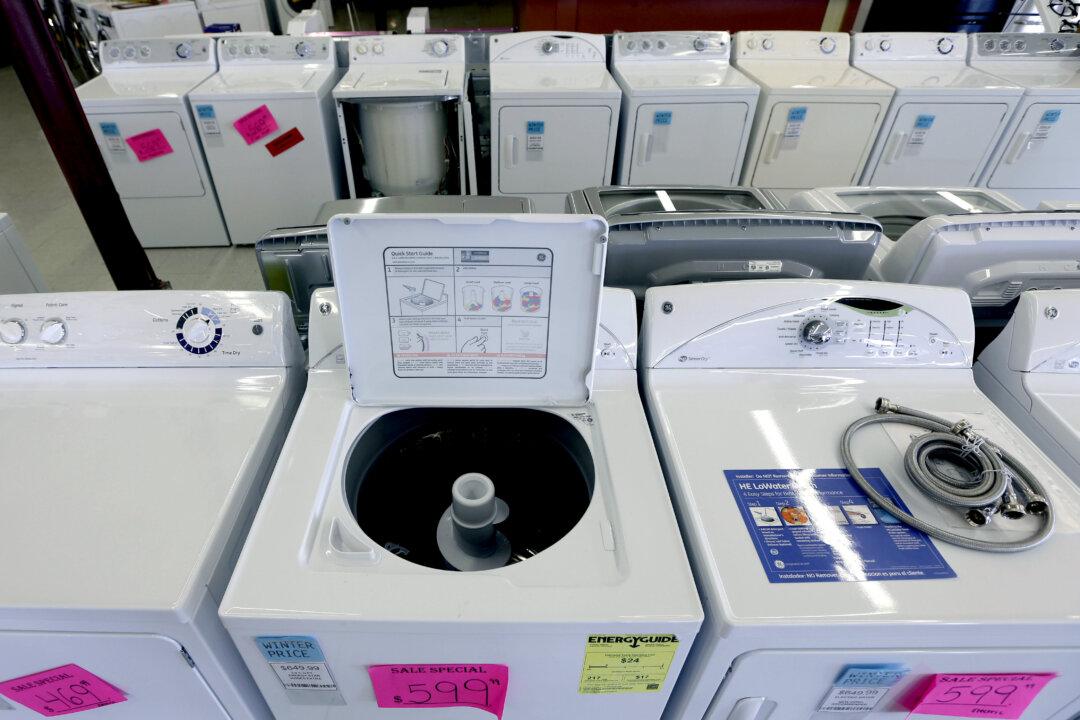The Biden administration’s new “energy-efficiency standards” for refrigerators and washing machines have sparked concern among industry experts who say the rules could end up costing manufacturers and consumers more at a time when energy costs have soared.
The Department of Energy (DOE) last month proposed new efficiency standards for washing machines, claiming that they would “lower household energy costs” while reducing greenhouse gas emissions and helping to combat the “climate crisis.”




